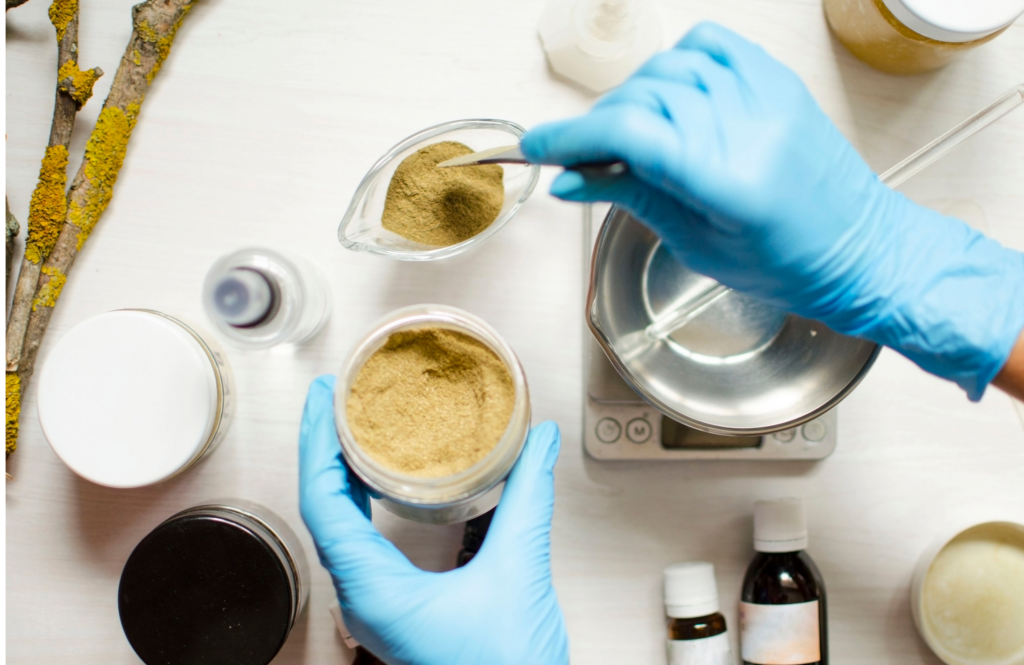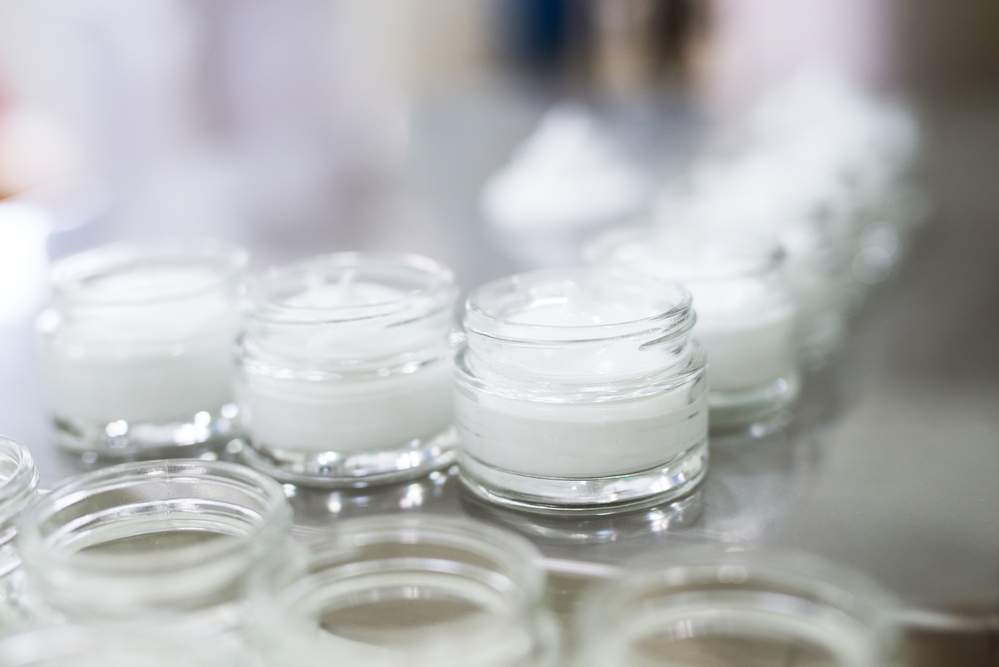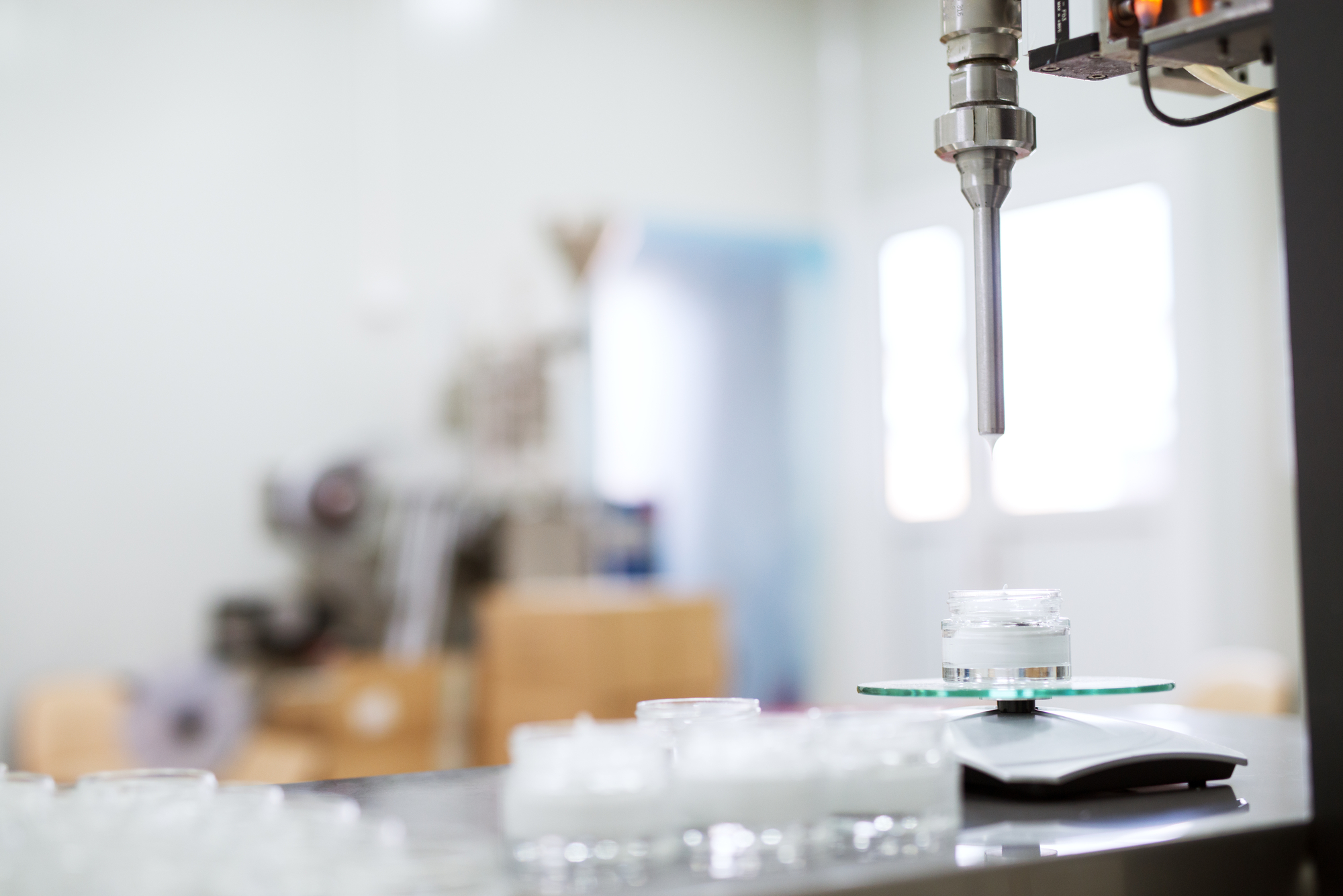Do you want to know how to start a cosmetic business? This is a step-by-step guide on what it will entail. These steps are behind the pretty packaging, tantalizing adverts, and curate-worthy brands that we all love.
WHAT IS YOUR MOTIVATION?
What inspires you to want a cosmetic brand? Is it only about the pretty boxes, the financial empowerment, and aesthetics of it all? Or are you also inspired by the creative aspect of the products; the ingredients, the art and science of formulas, and the practical manufacturing process? If you’re not motivated by the nitty-gritty of cosmetic production, hiring a manufacturer who can handle the process is your best bet. However, if you are, then the next step is for you.
Motivation and inspiration are very important. Finding out what inspires you and motivates you is essential if you’re going to embark on starting a cosmetic business. Just like any other business, a cosmetic business will demand time, funds, commitment, and will also come with its challenges as well. If you are not motivated or inspired enough you will not be able to meet your challenges head-on.
INVEST IN YOURSELF

This is one of the most important and strategic investments you will ever make. It directly affects the
1. The quality and efficacy of your products
2. The efficiency, expertise, and ease of your manufacturing process
3. The confidence and claims your brand can make
4. Conformity to regulatory compliance, and
5. The scale and complexity of your product range, and
6. Customer reviews, referrals, and loyalty.
These days due to the COVID-19 pandemic, online distance learning is the preferred mode of learning primarily because of safety. This is going to be a trend for the foreseeable future. Another reason most people choose online learning is because of the flexibility and the fact that you can study even while on a 9-5 job. You can learn how to start a cosmetic business from the comfort of your home.
Before choosing an online school, thoroughly review their offer. Ask questions where possible and be clear on the outcome. Make sure the curriculum is as in-depth as possible. On your part, you will need to commit to about 6 hours a week if you wish to progress. Don’t imagine you could just juggle it – it has to be a commitment.
MANAGING YOUR INITIAL MANUFACTURING INVESTMENT
Your initial investment will consist of a standard list of equipment, tools, and raw materials. It isn’t a complex list – Assuming that you already have some space allocated for manufacturing (this could be your home). The equipment is relatively affordable.

Examples of Equipment and tools include
· A hot plate (or stovetop)
· An efficient weighing scale
· A hand blender
· A pH meter
· A thermometer
· Spatulas, spoons pipettes
· Heatproof glasses and/or stainless steel
The Raw Materials will depend on the products you intend to make. This inventory should start with just what you need – do not go overboard and stock up on raw materials you may not need at the end of the day or ingredients that are close to expiringg by the time you’re ready to start manufacturing . The items you need to buy a little more of so that you never run out while honing your skills are the functional ingredients like Distilled water, Glycerin, Preservatives, etc.
FIND YOUR NICHE
The cosmetic industry is a large field with different compartments; there are no one-size-fits-all with cosmetic products. This gives room for some specialization but it also means that there is a possibility for certain sectors to be overlooked. Find that little niche that speaks to you. Spend some time on desk research and find which sector you can best serve. It could be an anti-ageing market, a market that serves individuals with damaged skin from chemicals or a brand that caters to those with abnormal pigmentation. Just find your niche. You may think it is too small but that could be far from the truth. You can make a name for yourself in those areas compared to areas that are already saturated. It is easier to focus your skills there and to claim that spot. You will still find people that are not part of your target group but you will have more success pursuing a select group of people than casting your net far and wide. If you are considering how to start a cosmetic business without planning to focus on a particular niche, you will be in for a rough ride.
LET OTHERS TRY YOUR PRODUCTS

When you feel like you have nailed your formula, distribute a bunch of samples to family, friends, and “strangers”. Let the, try your products and give you valuable feedback. Test it for general skin tolerance. If it is tolerable, great! If not, go back to the drawing board and tweak your formula. Some people may react to just about anything, but if your formula has a high tolerance then that’s great! Give yourself 3 months of testing at the very least. You could also get reviews from users to start with. More complex formulas with special actives (like SPF) may need to go to a lab for additional compliance testing.
BRANDING AND MARKETING
Branding doesn’t just have to do with your logo, labels, and other promotional materials; it cuts across all aspects of your business – your philosophy and vision, your brand story, its colors, and fonts, it’s like a compass that directs your strategy, decision making – what ingredients to purchase, what your marketing message will be, how you would tell your story. If you do a good job of it, your story will resonate throughout everything you do and you will be able to make a good impression with the people that count to your brand. After you have expressed who you are as a brand you can better structure and design your marketing messages. Who is your target market? Where do you plan to sell your products; online or in physical stores? (Social Media has made it possible for smaller brands to connect with their potential customers so you will want to start there). You will need to do some advertising and sustain it, but the costs are much lower compared to traditional marketing. You will need to create and build a digital presence – get social on Facebook, Instagram, youtube, etc. Get a website – make your image count.
DON’T FORGET YOUR BUSINESS PLAN
Don’t forget to write a business plan. It’s worth spending as much time as necessary to cross the T’s and dot the I’s. Even if you don’t plan on sharing this with potential investors, it would serve as a roadmap to you. This is where a lot of small beauty brands miss it – you get bogged down on daily operations that you completely lose sight of the big picture. Your business plan should include your strategies, philosophy, marketing plan, budget, and estimates, etc as well as a reasonable timeline. It will serve as a compass.
DIPLOMA IN COSMETIC SCIENCE

-Our Diploma in Cosmetic Science is one of the most comprehensive courses out there for those who want to know how to start a cosmetic business. It teaches the science of cosmetics clearly for those who do not have a science background. Our course include workplace simulation exercises that don’t just prepare you, but greatly improve your formulation skills. You will learn how to create a broad range of skincare and haircare products from scratch. Even more importantly you will work one-on-one with dedicated and professional instructors in key study areas. Most courses don’t teach you how to compete effectively once you get into the real world. The necessary branding lessons and business development lessons are entwined in our lectures – making entrepreneurial, branding and marketing choices will be a natural part of your creative skills and practical manufacturing process. By the time you’re through with this 10-month course, you’ll be thoroughly vast in the field and strategically and seamlessly ready to launch curate-worthy products. Get started free

